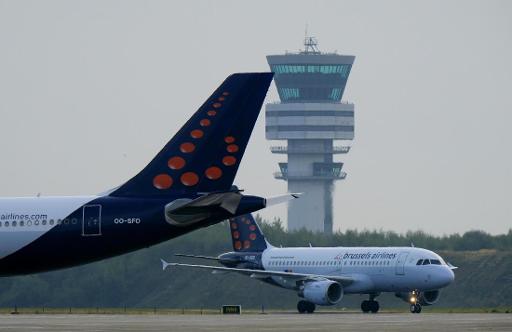All flights will now be subject to the new "aviation" or "boarding" tax which will see the price of airline tickets increase to varying degrees, up to €10.
The new tax, announced in October 2021 as part of Belgium's new budget agreement, was originally meant for flights up to 500 km (short-haul flights) to combat the pollution they cause by encouraging more eco-friendly alternatives for shorter trips, such as trains.
However, it has now been confirmed in reports from L'Echo that all passengers will be affected by the tax, of which the price will be €10 per ticket if the final destination from Belgium is less than 500 km in bird's eye view from the airport of departure (excluding transit).
The added price will be €2 if the final destination from Belgium (excluding transit) is more than 500 km in bird's eye view, but within the European Economic Area (EEA); and €4 outside the EEA.
In 2022, the tax is expected to have an impact on the prices of between 74% and 93% of the air traffic recorded in 2019 and is expected to fund €30 million of the tax shift, worth €300 million in the same year. By 2023, these values could increase to 83% and 105%, according to the latest Eurocontrol forecasts.
Measures needed on larger scale
At the time, the decision for the tax to mainly impact transit flights was received with concern from the airline sector, especially as it remained unclear what the impact would be on the price of tickets.
Related News
- Thousands of 'ghost flights' scheduled to keep much-desired slots
- Fossil free flying? Denmark sets its sights for green aviation
The Belgian aviation umbrella organisation BATA also argued that such targeted actions were not efficient and that measures should be taken on a wider scale if climate impacts are to be limited.
“Aviation is an international activity and therefore requires a global approach. On a European level, it participates in the ETS (Emission Trading System) and at the global level through the CORSIA (Carbon Offset and Reduction Scheme for International Aviation) to limit the impact,” a BATA spokesperson told The Brussels Times at the time.
It was also stressed that, unlike with the aviation tax, which "disappear into the big pot of tax revenues and the percentage of them that is used to combat air pollution and climate change is unknown," the ETS and CORSIA approaches would see money being used to compensate a significant part of the industry's CO² emissions.

